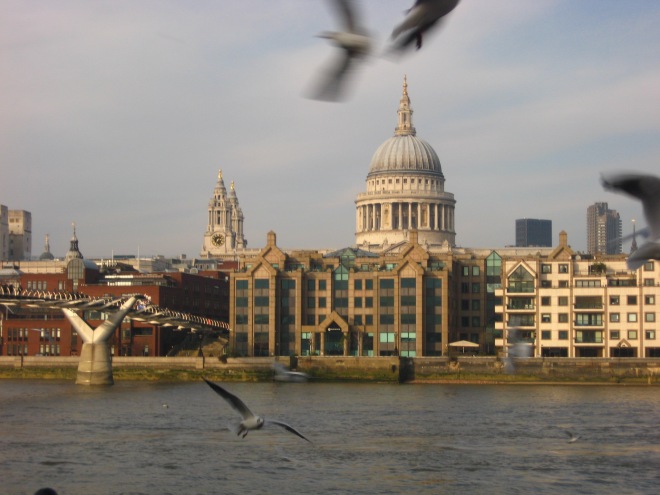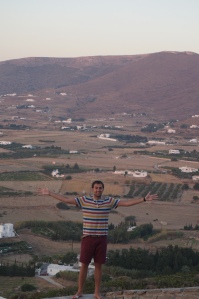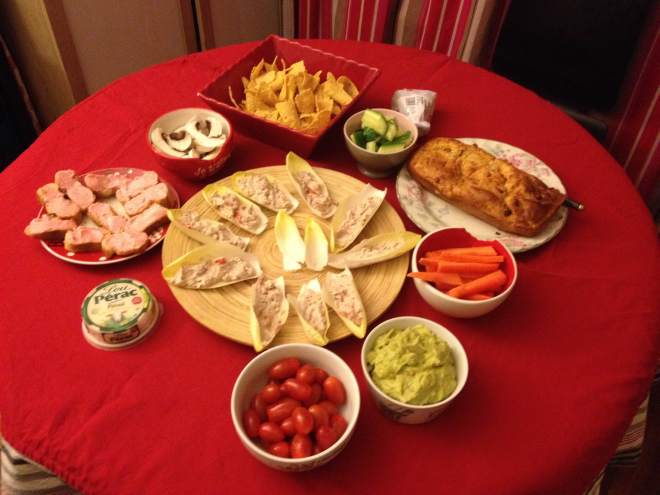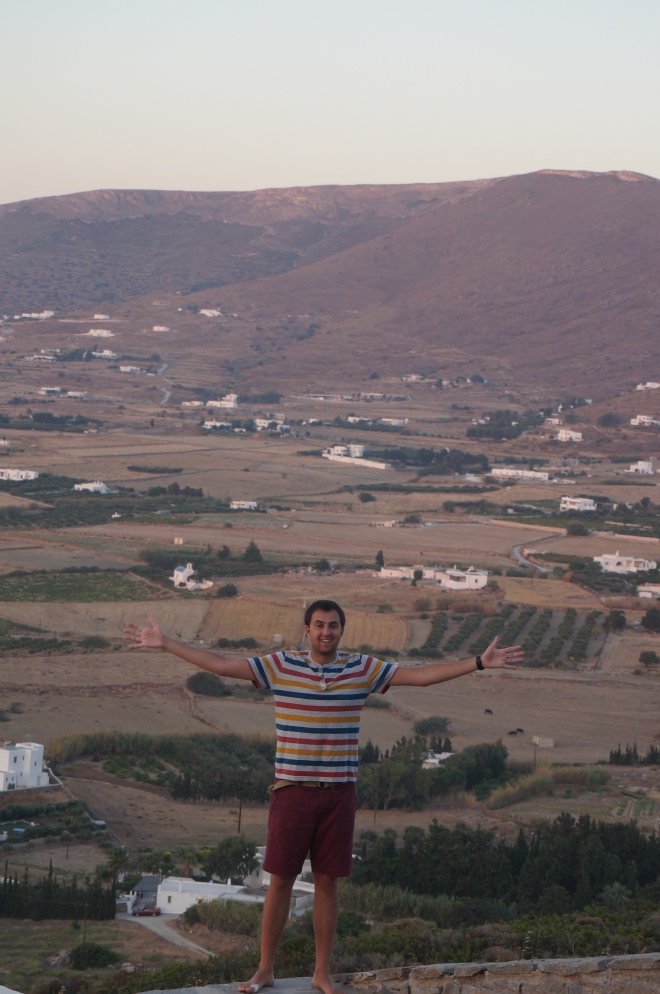 When I started this blog the intention was that I would eventually explain a little more about me and the meaning of “frukozmax”. So I think now is as good time as any to touch on the “UK” that is part of “frUKozmax”.
When I started this blog the intention was that I would eventually explain a little more about me and the meaning of “frukozmax”. So I think now is as good time as any to touch on the “UK” that is part of “frUKozmax”.
UK for me has a dual meaning. I was born in the UKraine and spent the first 7 years of my life there. UK also means United Kingdom as I spent almost 7 years there as well and have naturalised as British.
Currently I’m in neither of these countries but I am in Europe and I have spent about half of my life in Europe (between UKraine, UK, France and Netherlands). When I get asked where I’m from, I say Australia, even though I’ve spent more time in Europe than I have in Oz. I love both these parts of the world but having spent my formative years in Australia, I will always support the Australian cricket team when they play England, and likewise the Australian Socceroos when they play UKraine in football (I prefer the European name “football” rather than the Australian name “soccer”).
At this stage you might be asking why exactly is “EU” in the title of the blog. Or maybe you’re not and you see the connection. For me, despite all the problems of the EU, I want this institution to grow and prosper and hence my views are that it would be amazing for UKraine to join the EU and for the UK to most definitely stay in the EU.
The EU is far from perfect. Money is misspent, priorities are misaligned, and it is far too bureaucratic to be efficient. Reform must take place. Unfortunately, at the moment it is not high on any agenda. What is high though are UK and UKraine. It is not a coincidence that the first president of the European Council, Herman Van Rompuy, declared these two (along with economic growth) as the main problems facing Europe when his term was ending in 2014. It is noteworthy that he is from Belgium, so I do wonder given the events in Brussels this week, as well as across Europe over the past 18 months since Donald Tusk took over the role, whether Herman Van Rompuy would have added a fourth problem: safety and terrorism.
UK leaving the EU is a problem for both. Many arguing for a #Brexit believe that the EU will suffer far more than UK in this event. The EU will certainly become weaker without the UK but the impact on the UK will be far greater in my opinion. UK will gain sovereignty back, will save some money that it sends to EU and it will also be able to pretend that it is once again a world power. On the flipside though it will lose easy access to its closest and most important trading partners (who may impose costs in return on the UK as an independent state); access to the labor market (UK is becoming increasingly racists and anti-immigration, so for the layman this will be a positive until they realise that most of their manual labour is performed so cheaply only because foreigners are willing to do so, and that the reason they’ve been able to be so competitive in professional services is due once again to immigrants); access to a large group of members working to cut red tape, improve living standards, focus on environmental standards and many more things. I’m not even mentioning the immediate short to medium term costs of leaving (at a time when all costs matter) will be far from insignificant and that this may give Scotland once again reason to have a referendum for independence. The UK should stay in the EU and fight for reform of the institution instead.
The case of the UKraine is a completely different one and I’m certainly far less familiar with it having left the country over 20 years ago. Since the country gained independence in August 1991 the standard of living for the average person has gone backwards. Back then over 90% of UKrainians voted for independence thinking good times were ahead. Unfortunately, unlike many other former Soviet nations, UKraine continued with high levels of corruption and could not make the same progress as others like Estonia. Today UKraine is apparently divided with some pro-Russia and some wishing to be part of the EU. In its current state the EU would not entertain the idea of admitting UKraine. The country would need to reform first and it is exactly this reform that is needed. This is a country that is full of natural resources as well as a strong education system that could both be a large asset in the EU and hence benefits would be high for both. Unfortunately reform is still far away and too much influence and control from Putin’s Russia means the European dream for UKraine is still a distant star.
My message and hope following this post is that the idea of #Brexit fizzles out, Europe takes a tougher stance on Russia meaning the UKraine can start real reform and move towards Europe, and lastly Europe becomes a safer place where recent events in Paris, Brussels, Istanbul, and Copenhagen are but a distant memory.






